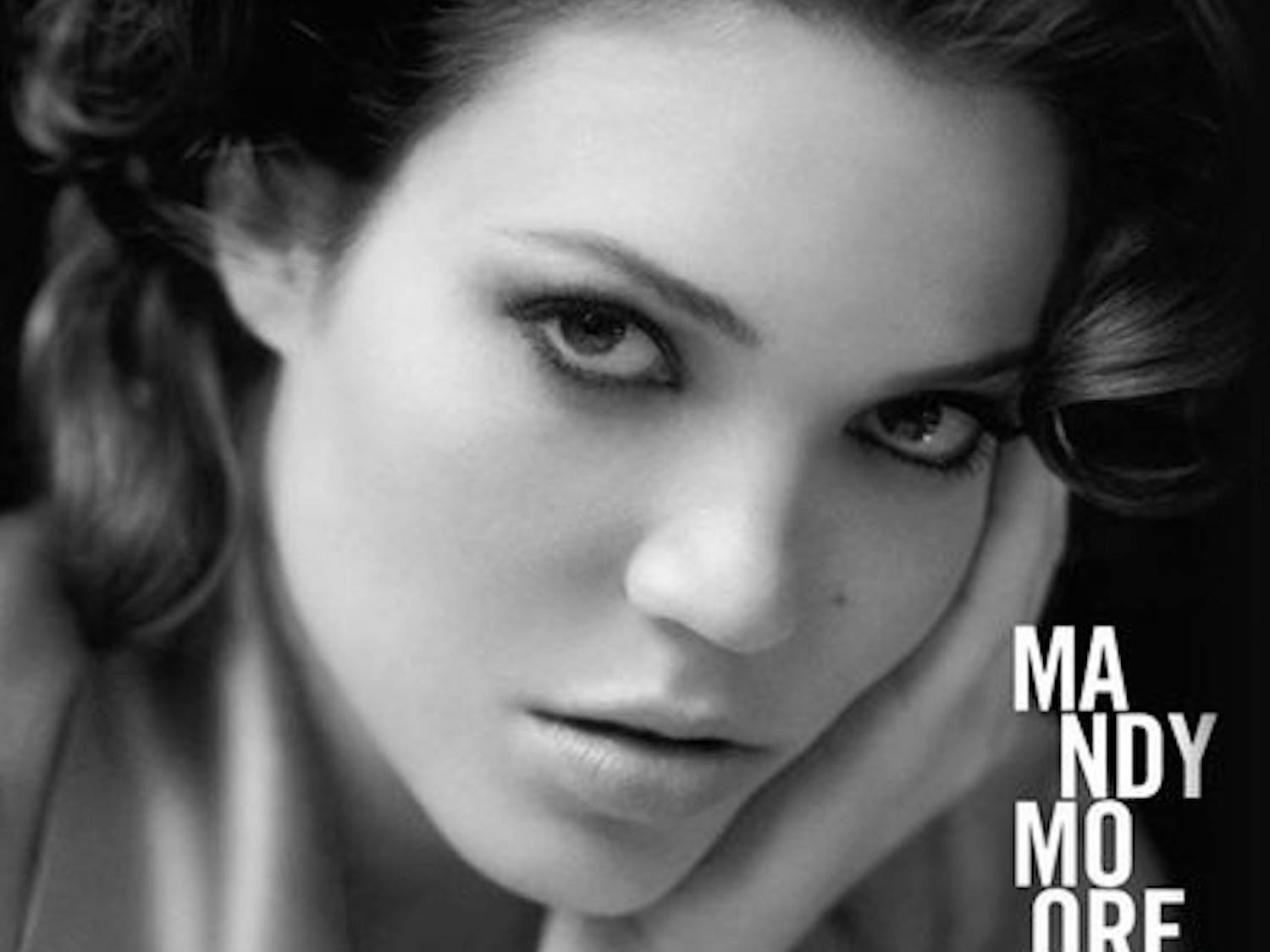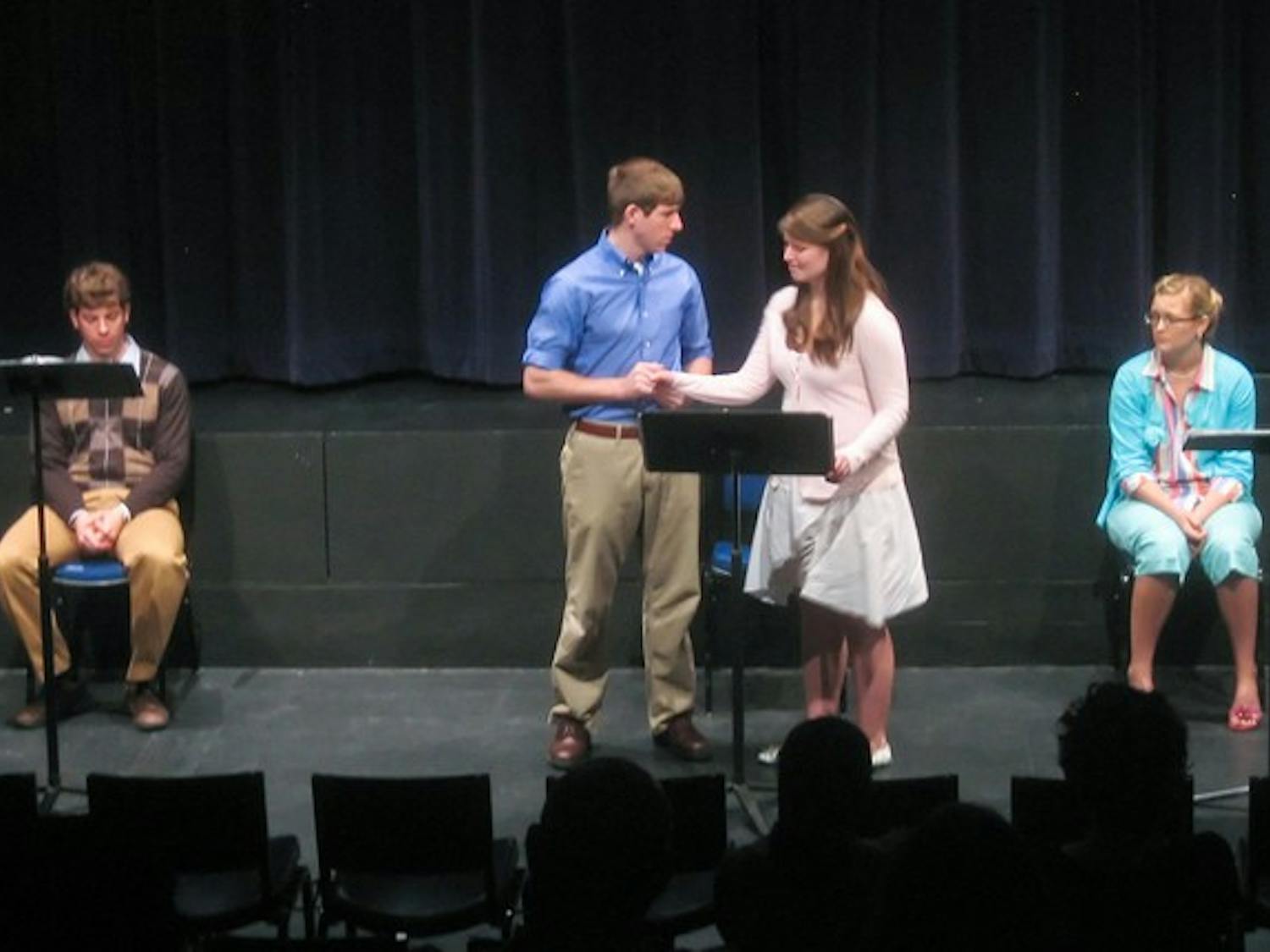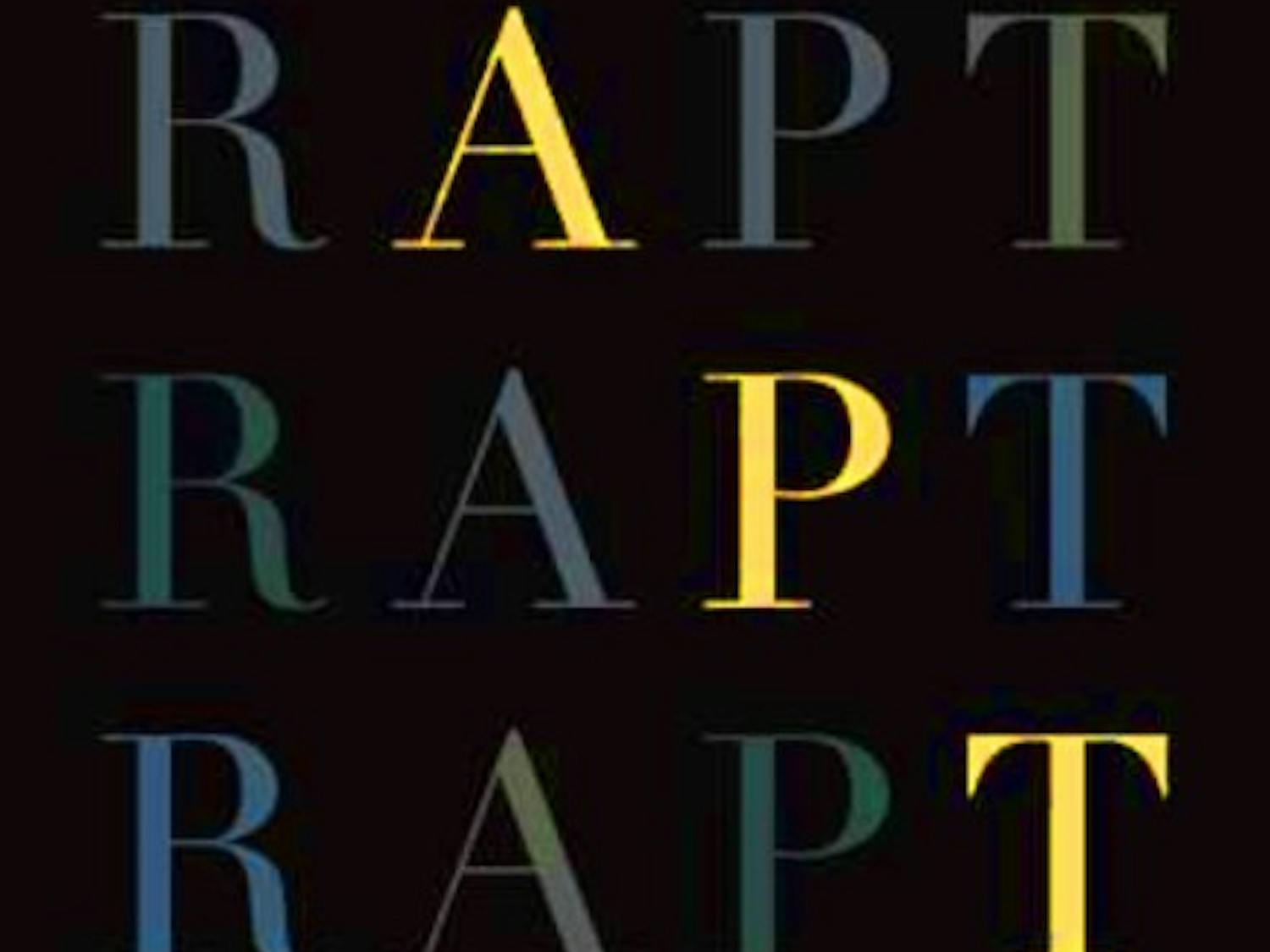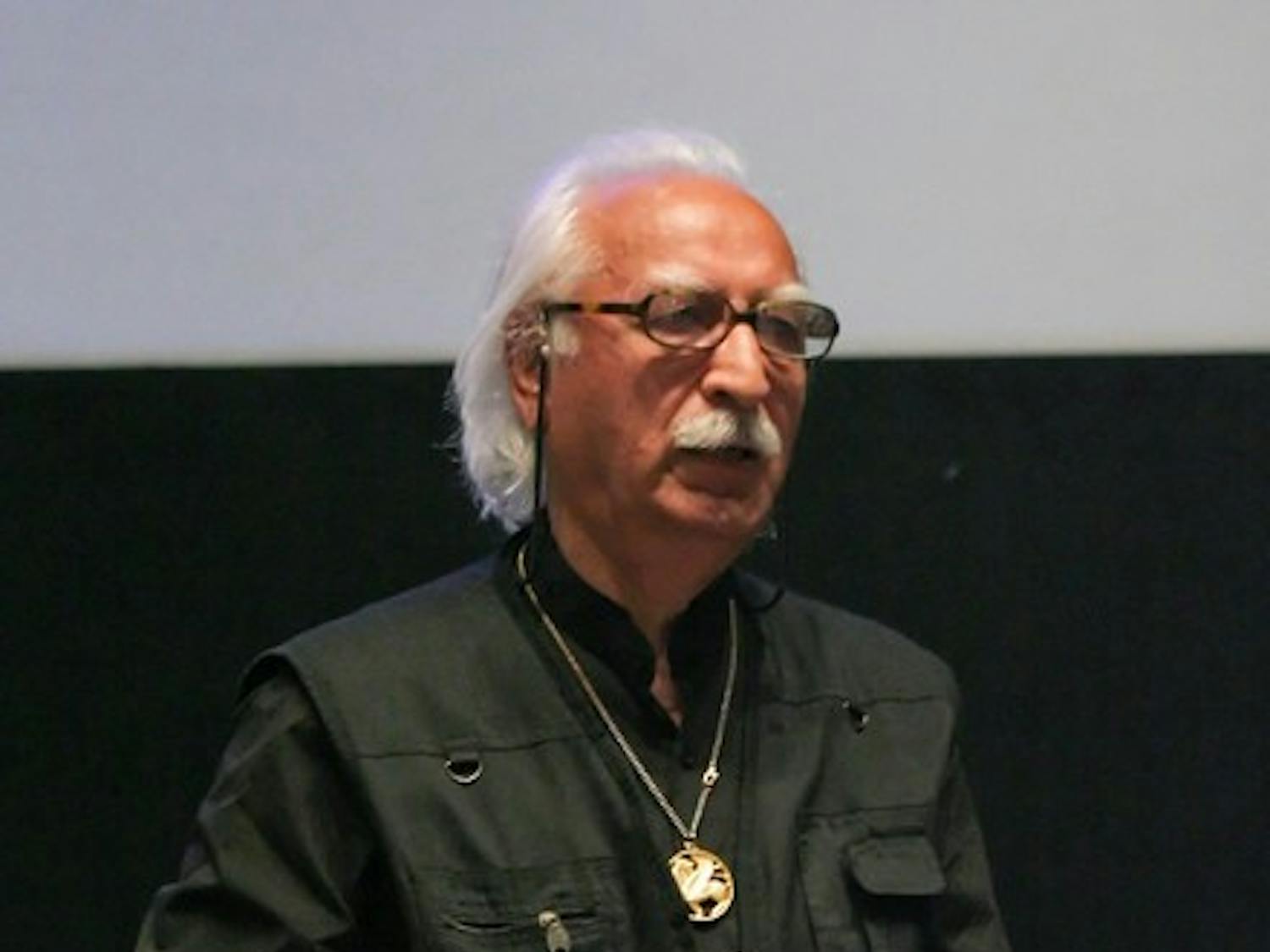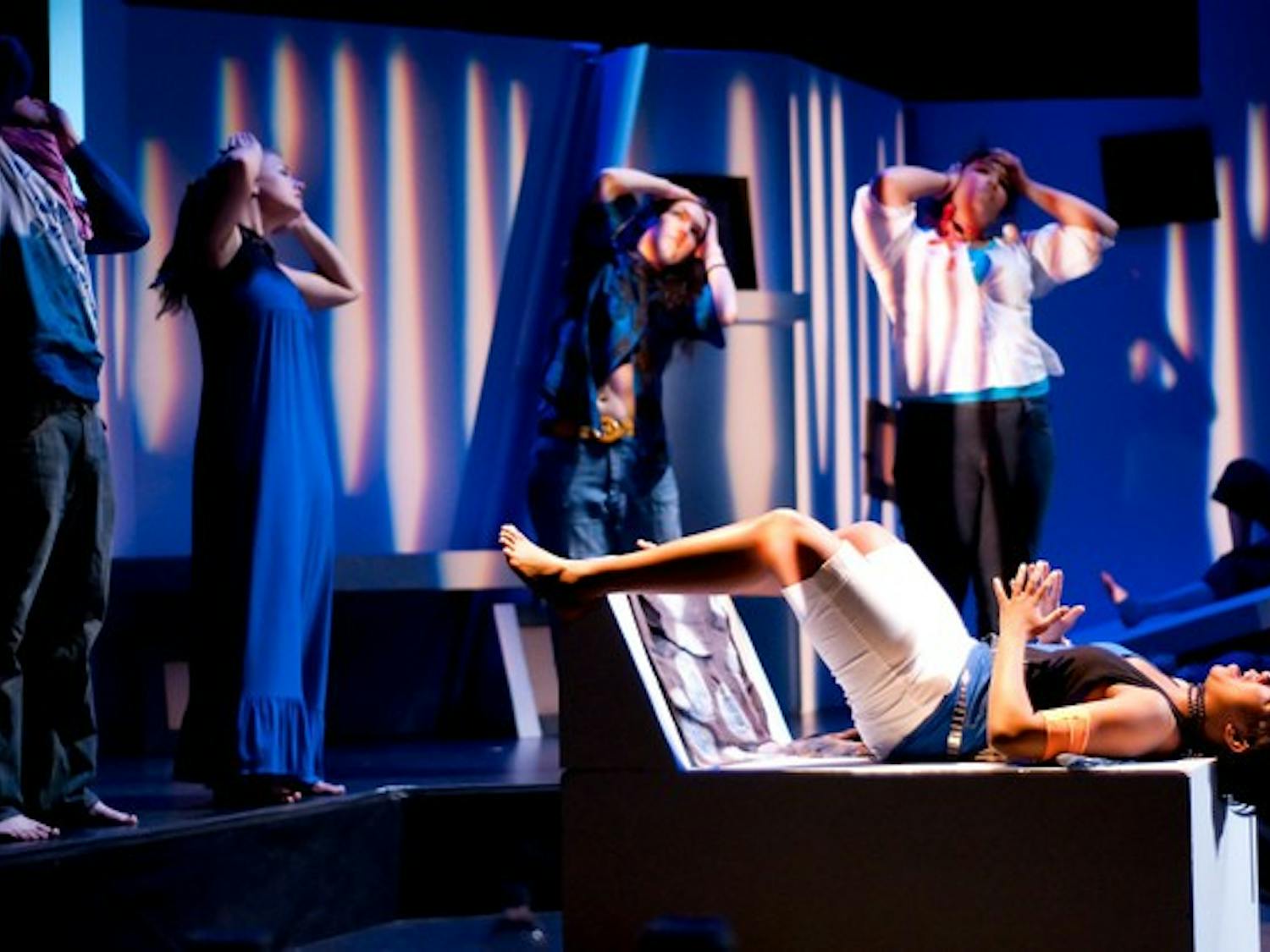Ballet company mixes classical and modern dance
Courtesy of the Hopkins Center The contemporary dance company Aspen Santa Fe Ballet will take center stage on Thursday and Friday night at the Hopkins Center for the Arts, showcasing their eclectic blend of classical ballet infused with modern dance as part of this year's Summer Arts Festival, "eMotion." ASFB's founder, Bebe Schweppe, wanted an ensemble that showcased the native talent of Aspen, Colo., to give the people in the Aspen Valley a dance troupe they could call their own, she said.
Mobile exhibit space to add variety to art scene
As "eMotion," this year's Summer Arts Festival, kicks off, Mary Flanagan, chair of the new digital humanities department, awaits the arrival of a mysterious new piece of technology called the "Play Cube." The arts festival touts this sixteen-by-eight foot cube as a mobile exhibition space that will host performances and art exhibits at various locations across campus, as well as enable a unique style of interactivity with the student body.
DFS film series to feature tourists, spies and singing sailors
Courtesy of rottentomatoes.com This winter, as Hollywood film moguls were busy cramming their summer release schedules with the usual American-friendly franchise reboots, blockbuster action flicks and raunchy comedies, the members of the Dartmouth Film Society chose to forego such conventional apple-pie flicks in favor of a more worldly collection of films. The DFS summer series, "Tourists," proposed by Lloyd Miller '10, plays off of the intricate and sometimes tenuous relationships that travelers establish with the foreign places they encounter.
Sierra Leonean refugees to bring upbeat rhythms to Green
Courtesy of The Sierra Leone Refugee All Stars In times of war, culture and humanity often take a backseat to the killings and devastation that take place; yet Sierra Leone's Refugee All Stars demonstrate that even in the midst of destruction, art can subsist and even thrive.
Hop raises ticket prices, cuts programs for the coming year
The Hopkins Center for the Arts plans to raise ticket prices, cut back on commissioned works and reevaluate its long-term strategic plans, including its stake in Dartmouth's proposed Visual Arts Center, in light of College-wide budget cuts and a possible downturn in individual donations, according to Hop director Jeff James. "We, the Hop, have more reasons to be concerned than a lot of other players because we rely on ticket sales and donations, and those are the things we are spending the most time thinking about how to protect," James said. As a result of the economic downturn, the Hop intends to raise its student ticket prices from $5 to $10 for performances by visiting artists, from $3 to $5 for student performances, and from $12 to $15 for Dartmouth Film Society's film series passes. It will be the first price increase for the Hop in eight or nine years, according to James.
HEAR AND NOW: Mandy Moore grows up
Courtesy of popchunch.com From appearing in well-received films such as "A Walk to Remember" (2002) and "Saved!" (2004), to releasing her sixth studio album, "Amanda Leigh" (2009), on May 26, Mandy Moore has had a storied career and she's still only 25.
Festival showcases exceptional student-written plays
Courtesy of Mark Harris / The Dartmouth Staff Correction appended Audiences in the Hopkins Center's Bentley Theater last weekend were treated to a triple bill of student-written theater, as the Hop played host to the winning plays from the 82nd Annual Eleanor Frost Contest and the 34th Annual Ruth and Loring Dodd Contest. Taking the audience from tears to laughs, the Frost showcase began with the dramatic and deeply emotional "The Minute Hand" by Liz Ellison '09, which was followed by the hilarious, over-the-top "Tennessee Sabotage" by Danny Rangel '09. In writing "The Minute Hand," Ellison, an English and theater double major, said she drew inspiration from unsolved missing person cases. "It's the most terrifying experience I can imagine," Ellison said.
Leaden new ‘Terminator' lacks originality, excitement
Correction appended When it was announced that the one-named director McG of the frothy "Charlie's Angels" movie franchise had been tapped to helm the latest "Terminator" film, many message-board fanatics openly called for his head.
Students Plan to revive TV station
Seeking to improve the content on DarTV's Channel 13 which currently only displays "No Program Scheduled" a group of students is working to revive Dartmouth Television, a student-run, closed-circuit campus television network that has been defunct since 2007. Sam Peck '10, Ethan Lubka '10, Mike DiBenedetto '10 and Jared Zelski '10 became interested in resurrecting the channel after brainstorming alternative uses for the television screens installed last fall in Food Court, Peck said. Originally founded in 1991, DTV was discontinued after one year due to a lack of audience and poor management, The Dartmouth previously reported The channel later made a return in 1999, broadcasting digital content using a specialized computer program.
BOOKED SOLID: Eliminating distractions
Courtesy of Amazon.com Look around this campus, and you'll see legions of the constantly distracted.
AS SEEN ON: Networks finalize fall lineups
Three weeks ago, I wrote briefly about what NBC's fall television lineup will look like ("NBC reveals new pilots, returning programs," May 6). Now the rest of the results are in, as last week signaled the end of the "upfronts," when the networks announce the next season's lineups.
HEAR AND NOW: M.I.A.'s political overtones
With two well-received albums, a plum role on the "Slumdog Millionaire" (2008) soundtrack and an appearance at the Grammys mere days before giving birth, M.I.A., born Maya Arulpragasam, is getting a lot of credit for her too-cool cultural cachet.
BOOKED SOLID: Becoming Steve Martin
Although it kills me to say it, I have to admit that the book I read this week, John Haskell's "Out of My Skin," was very postmodern.
Theater students 'pool' together
ZACH KUSTER / The Dartmouth While on the fall 2006 theater foreign study program in London, England, Victoria Toumanoff '09 and Stephanie Morales '09 went to see a performance of English playwright Mark Ravenhill's "pool (no water)," written in 2006.
AS SEEN ON: Fed up with the flu frenzy
While I normally use this column as a forum for discussing reality shows or scripted series, a recent phenomenon has demanded my attention this week.






